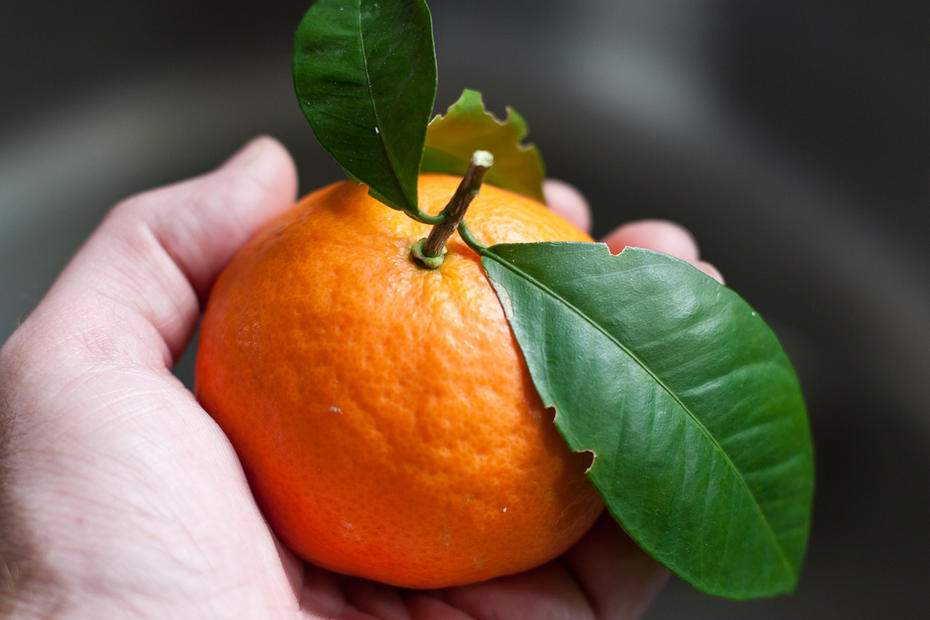What would your diet be like without bees? As melittologists warn about the long-term health of bee populations—at risk from pesticides and many other threats—big statistics have flown. One in three bites of your food includes a bee-pollinated item. Bees pollinate 70 of the top 100 crops. Albert Einstein supposedly said something about humans only living four years without bees. (He probably didn’t, though.)
The likely reality of a bee-free future is more subtle than that. We could survive without them, but life would be nasty, brutish, and short.
Look at the top sources of calories in the standard American diet. Grain-based desserts, like cakes and donuts, supply more calories to the average American than any other food. Bees don’t pollinate grains, which are cultivated forms of grass. So wheat, rice, and corn would survive. Nor do bees pollinate sugarcane or sugar beets, another huge source of calories in a grain-based dessert.
Next come yeast breads, another grain-based food. Then chicken, which eat grain. Soda and pizza round out the top five, both comprised of still more sugar and grains. Bees can pollinate the tomatoes required for pizza sauce, but they don’t require insects for pollination. Farmers have selected for more or less self-pollinating strains of tomato plants—perhaps accidentally, but the end result is that most modern tomatoes only need some gentle agitation to reproduce. The sixth-most common source of calories in our diet is booze, followed by pasta, various Mexican dishes, beef, and dairy-based desserts.
Two lessons can be gleaned from this list. First, our diets are embarrassingly unhealthy. Ever heard of fruits and vegetables, America? Second, we could easily satisfy our caloric requirements with little or no pollination from bees. In fact, we’re kind of already doing that.
But that’s not the end of the story. While calories, fats, and proteins (so-called macronutrients) are the foundation of dietary requirements, there are countless other chemicals that we need to live healthy lives.

In 2011, a team of researchers at the University of California–Santa Barbara released a study showing that most of the nutritional diversity in the human diet comes from foods that are pollinated by bats and insects, such as bees. The majority of dietary lipids, calcium, fluoride, iron, carotenoids, lycopene, beta-cryptoxanthin, and the vitamins A, C, and E consumed worldwide come from crops that require pollinators. These plants include berries, oranges, lemons, potatoes, cashews, broccoli, cabbage … the list is quite long.
Without these nutrients, you would become a physical wreck. Scurvy, for example, is incredibly rare in the developed world these days. Part of this is due to vitamin C in fortified foods, but some of it is because of the widespread availability of vitamin C-rich fruits like oranges and lemons. Vitamin A deficiency is likewise rare, but the symptoms are unpleasant and include night blindness. Carotenoids, lycopene, and beta-cryptoxanthin, which come from bee-pollinated foods such as carrots, are believed by many epidemiologists to reduce the incidence of cancer.
You can live without bees, I guess, just like you can live without sunlight and possibly even sleep. But why would you want to? Bee-pollinated foods enrich our lives and keep us healthy. You don’t need Einstein to tell you that.

This story originally appeared on Earthwire as “The Bee-Free Diet” and is re-published here under a Creative Commons license.





